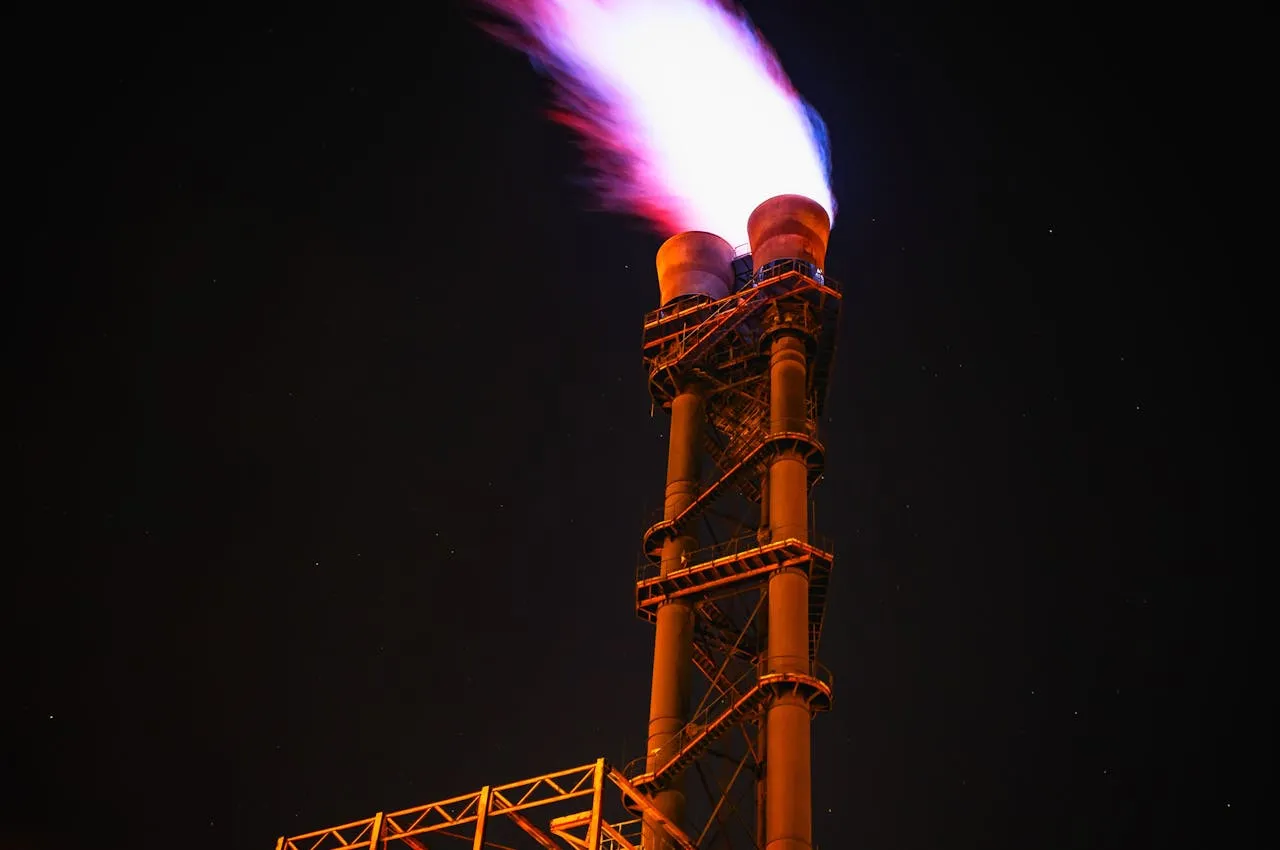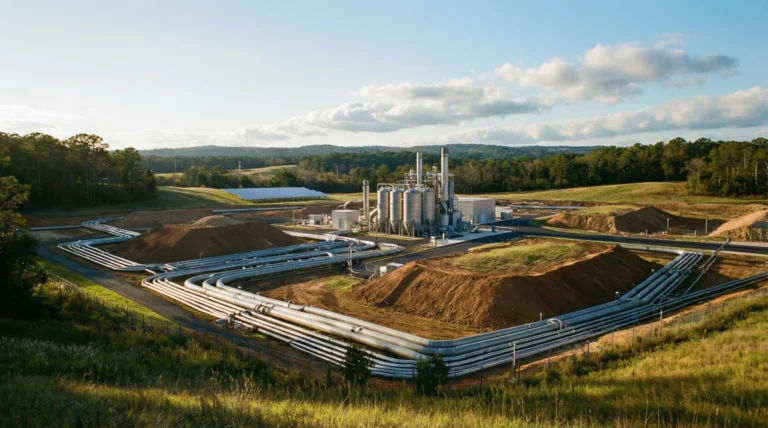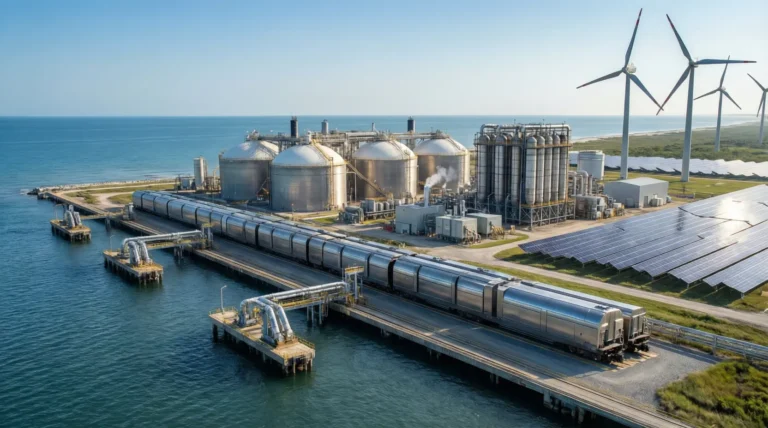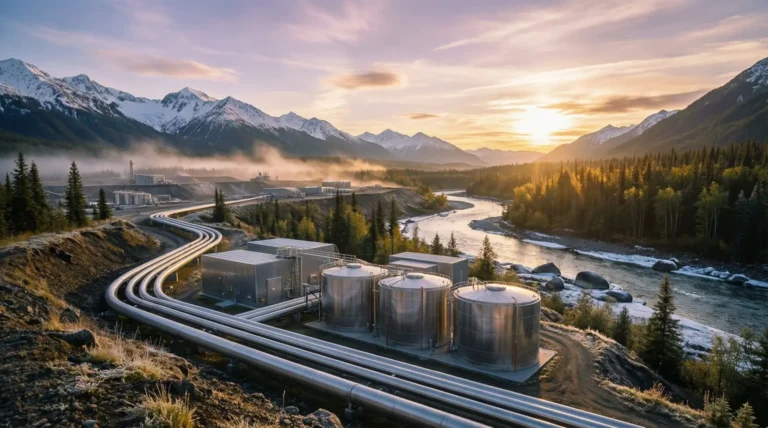
Chevron Corporation (NYSE: CVX) has secured a greenhouse gas (GHG) assessment permit offshore Western Australia through its subsidiary Chevron Australia New Ventures Pty Ltd. This permit supports Chevron’s strategy to advance lower-carbon energy solutions globally.
The G-18-AP permit, located offshore from Onslow, Western Australia, spans approximately 8,467 km² with water depths ranging from 50 to 1,100 meters. It will be used to evaluate the potential for establishing a hub for storing third-party emissions, including those from Chevron’s operated LNG facilities.
The permit is part of a joint venture with Chevron as the operator and Woodside Energy Ltd. Chevron will hold a 70% interest in the permit, while Woodside will hold a 30% interest. Chevron will also transfer a 5% stake in the permit to GS Caltex (GSC) of Korea, contingent on regulatory approvals and other conditions.
“Chevron and our joint venture partners possess a unique combination of assets, capabilities, and customer relationships that will advance the assessment, development, and deployment of carbon capture and storage (CCS) in Australia,” said Chris Powers, Vice President of CCUS & Emerging for Chevron New Energies.
“This new permit, alongside our Chevron-operated Gorgon CCS project—one of the largest integrated CCS facilities in the world—adds to our existing GHG assessment permits and has the potential to enhance Chevron’s CCS portfolio in Australia,” Powers added.
Mark Hatfield, Managing Director of Chevron Australia, noted: “These new opportunities are key to reducing the carbon intensity of our operations and providing our customers with effective options to reduce or offset their emissions.”
This new permit expands Chevron’s interests in the region, which include non-operated permits G-9-AP, G-10-AP, and G-11-AP, as well as the operating Gorgon CCS project, which has successfully captured and stored 10 million tonnes of CO2-equivalent.
According to the International Energy Agency, achieving global net-zero emissions will be nearly impossible without carbon capture, utilization, and storage (CCUS) technologies.










